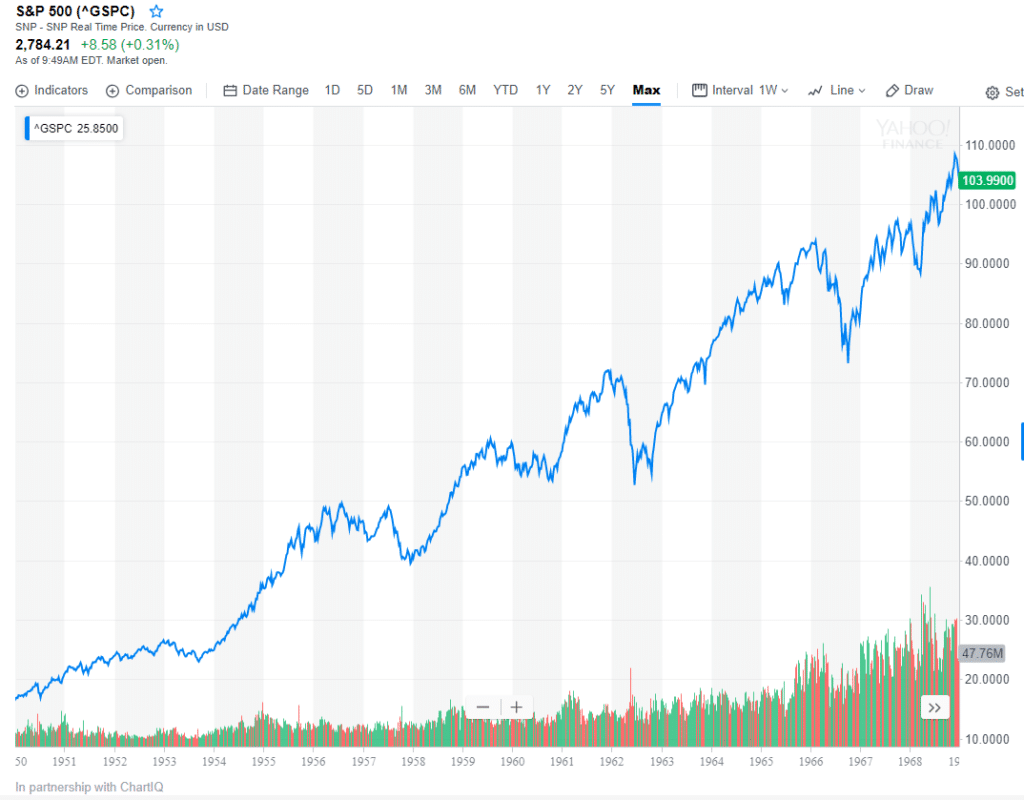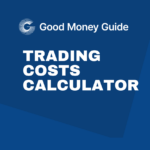Managing your own SIPP certainly gives you a significant amount of control over your long term investments. But should you include CFDs in a SIPP account and which brokers offer CFDs in a SIPP?
Here are the basics of trading CFDs in a SIPP account…
Firstly can you hold CFDs in a SIPP?
Yes, you can, but not with everyone, you need a capital markets CFD broker like Saxo Capital Markets.
What are CFDs in a SIPP?
CFD stands for contract for difference, which means when you trade you are entering into a contract based on the difference between the opening and closing price of a trade. You don’t actually own the shares, rather you are taking a leveraged derivatives position on the underlying asset.
The most common type of CFDs in a SIPP account are equity and index. It’s important to note that CFDs are a high risk form of trading and are not normally suitable for long term trading strategies. But some clients like to punt with 10% or so of their SIPP capital, which is about as much as you should allocate to high risk investments within a SIPP.
Key advantages of holding CFDs in a SIPP:
You can use them to hedge exposure to a certain market.
Most pensions or SIPP accounts track the overall stock market and most people assume that the markets will always go up. In theory they should because the S&P 500, DJIA, FTSE 100 ect. contain the constituents of the most valuable companies in their respective regions. If a company fails to perform they are demoted from the main index and replaced with a better performing company.
However, indices do have a nasty habit of crashing every now and again.
If as an investor, if you feel that the market is about to crash you can use CFDs in a SIPP to hedge with a short position. You can use CFDs to hedge either individual stocks, indices or currencies to cover the lost value from the market going down. Your overall equity assets will be worthless, but your CFD trade (once you buy back the short at a lower position) will have generated a cash profit of the equivalent amount if properly hedge.
As you can see from this S&P 500 chart from Yahoo, the markets do go up over time, but not in a straight line. Sometimes it takes years for it to recover losses.

Key disadvantages of holding CFDs in a SIPP account.
There is a temptation among investors to get greedy.
Despite what some fictional financial criminals may say (cough cough Gordo), greed is not always good.
CFDs are a leveraged product and as such you can trade with far more exposure than your account balance. If for example you are trading stock CFDs in your SIPP account on 10x leverage (equivalent to a 10% margin rate) and you have £100,000 in your SIPP, you can have £1m exposure.
If you are fully exposed and the markets drop 10%, which they can in extreme conditions, then you’ve wiped your pension out!
So finally, should you trade CFDs in a SIPP account?
That really depends on all sorts of things like your risk appetite, your experience as an investor, your overall goals and so on.
But, if used correctly holding CFDs in a SIPP provide an excellent tool for managing portfolio risk.
However, if you think you’re going to make millions by trading short-term high-risk products in a long term savings account, then the answer is definitely no…

Richard is the founder of the Good Money Guide (formerly Good Broker Guide), one of the original investment comparison sites established in 2015. With a career spanning two decades as a broker, he brings extensive expertise and knowledge to the financial landscape.
Having worked as a broker at Investors Intelligence and a multi-asset derivatives broker at MF Global (Man Financial), Richard has acquired substantial experience in the industry. His career began as a private client stockbroker at Walker Crips and Phillip Securities (now King and Shaxson), following internships on the NYMEX oil trading floor in New York and London IPE in 2001 and 2000.
Richard’s contributions and expertise have been recognized by respected publications such as The Sunday Times, BusinessInsider, Yahoo Finance, BusinessNews.org.uk, Master Investor, Wealth Briefing, iNews, and The FT, among many others.
Under Richard’s leadership, the Good Money Guide has evolved into a valuable destination for comprehensive information and expert guidance, specialising in trading, investment, and currency exchange. His commitment to delivering high-quality insights has solidified the Good Money Guide’s standing as a well-respected resource for both customers and industry colleagues.
To contact Richard, please see his Invesdaq profile.


